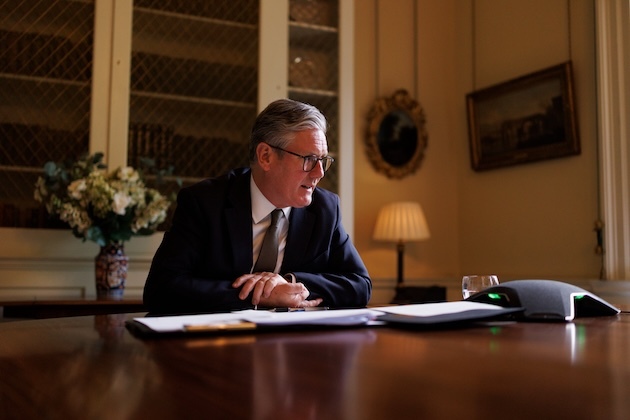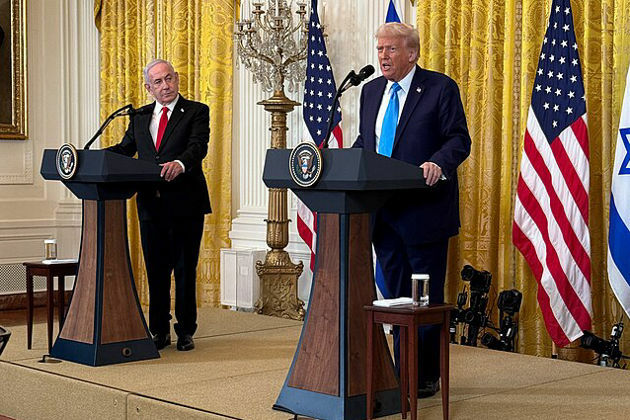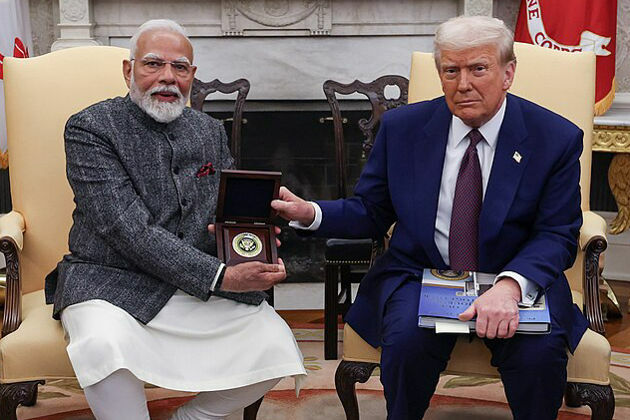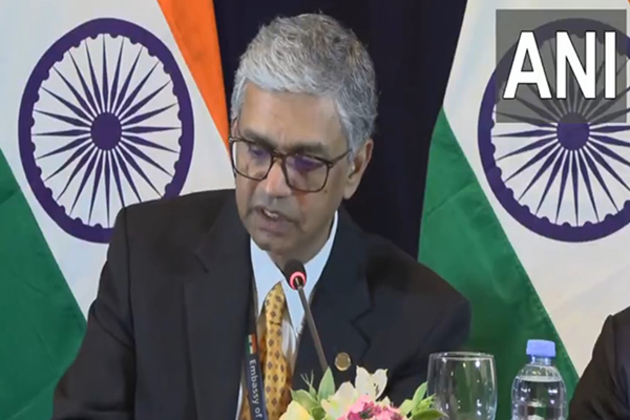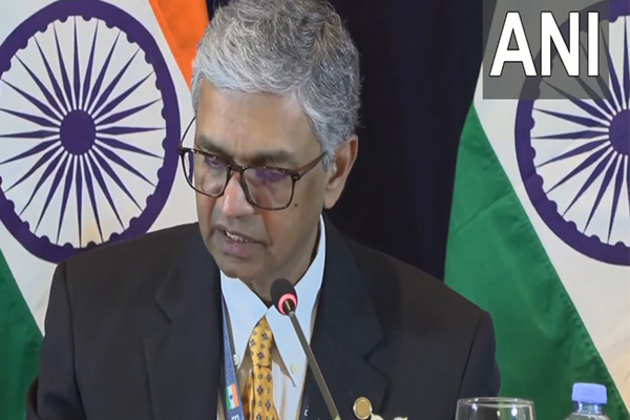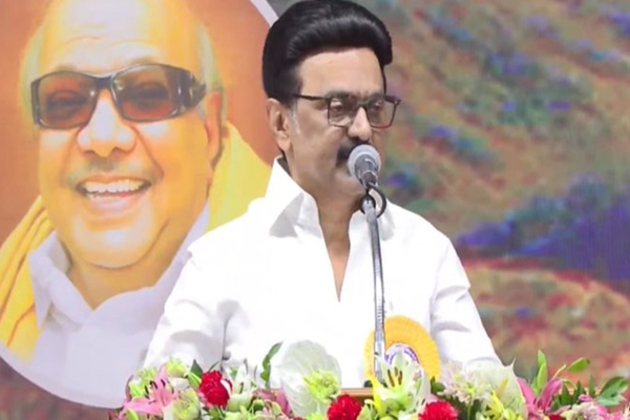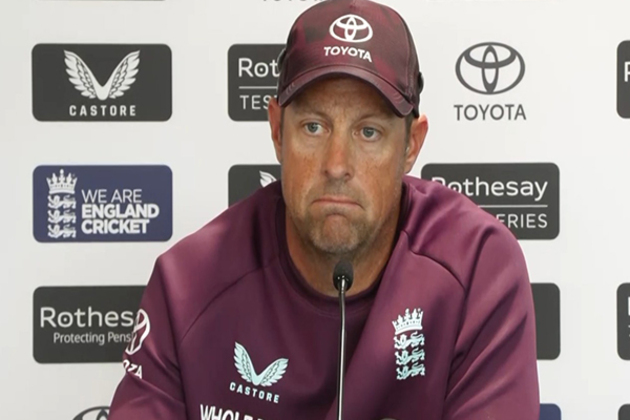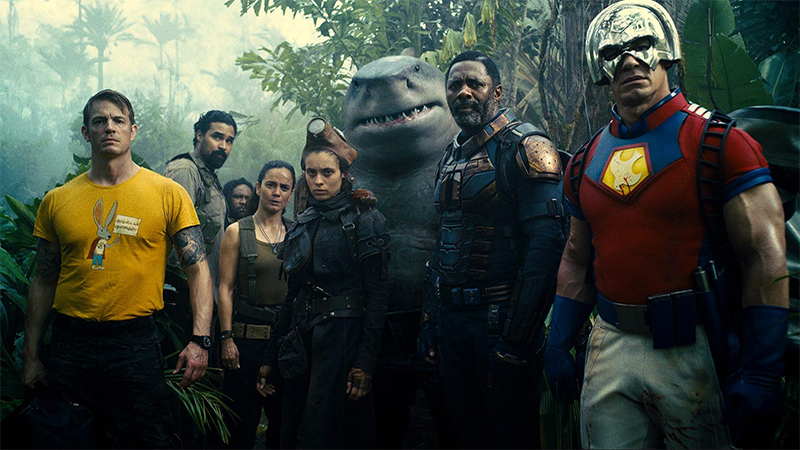Ukraine crisis is reminding Nato why it was formed in the first place
The Conversation
26 Jan 2022, 00:09 GMT+10
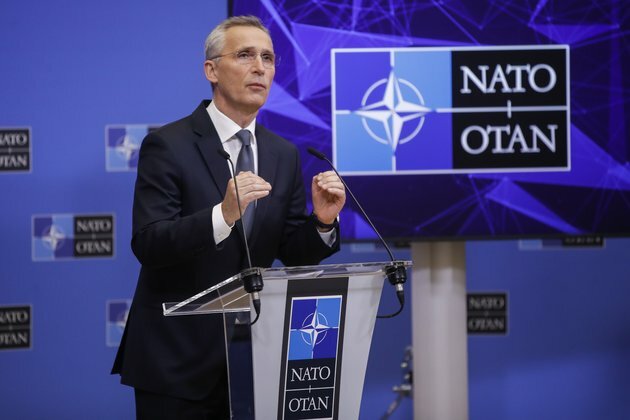
As Russian troops mobilise near Ukraine's border and appear poised to invade, so the North Atlantic Treaty Organisation (Nato) has assumed its traditional role as a bastion of European defence. That mission - the one for which Nato was founded way back in 1949 - is a short cut to alliance unity. The alliance's stock in 2022 is higher now than it has been for several years.
Deep rifts between Europe and America during the Trump years had led some to fear that Nato's days were numbered. But Joe Biden's election seemed to mark a return to normalcy. In March 2021, two months into his presidency, America's interim National Security Strategic Guidance described Nato as among America's "greatest strategic asset[s]".
The hasty withdrawal from Afghanistan in the summer of 2021, however, plunged the alliance back into crisis. There were very good strategic reasons for the Nato retreat. But what made the rush for the exits so shocking was its suddenness, the disdain Washington showed toward consulting its allies and the seeming inability of the departing powers to foresee the Taliban's swift return to power.
German politician Armin Laschet - at the time the favourite to succeed Angela Merkel as chancellor - described these circumstances as "Nato's biggest debacle since its founding". The charge levelled by French president Emmanuel Macron some 18 months earlier that Nato was "brain dead" appeared to be vindicated.
Things now look very different. An alliance is at its strongest when it faces a common enemy. Currently, only Russia presents Nato with an existential challenge. China is clearly of great concern to the US (and arguably America's principal security problem), but that worry is not equally shared. The simple facts of geographic distance and commercial interests mean European states - most notably Germany - see China more as a rival than a threat.
The Nato stance on Russia is both more assertive and more actionable. There have certainly been differences among the allies. In recent years, the hard line adopted by, say, the UK and Poland, has contrasted with Germany's softer position (where major projects such as the Nord Stream 2 gas pipeline again epitomise the importance of economic considerations). But Nato consensus and effectiveness have held.
In response to the Crimean crisis of 2014, the alliance undertook its biggest strategic adaptation since the end of the Cold War - resurrecting the concept of deterrence and downplaying out-of-area operations such as that in Afghanistan. In 2019, Nato signed off on a new military strategy and, in 2020, on a new concept of deterrence. Both placed Russia front and centre in alliance planning.
What does this mean for Ukraine?
Nato collective defence rests on a clear distinction between those who enjoy the protections of the North Atlantic Treaty and those who do not. All the tough language aimed at Moscow in recent weeks has stopped short of referencing a commitment to expend lives in defence of Ukrainian sovereignty. There will be no in-country Nato counter-force to repel Russian aggression.
Strategic thinking in western capitals and Nato command is instead being driven by two calculations. Both derive from the idea of deterrence by punishment.
The first is the need to shore up the defence of Nato's own eastern members. The idea of a conventional force attack by Russia on Poland, the Baltic or Black Sea states is fanciful. But it is rendered near impossible in the minds of the Kremlin leadership by the sure knowledge that Nato would take a stand.
In response to events around Ukraine, the credibility of the alliance is being affirmed through a set of coordinated measures aimed, according to a White House statement, at "reinforc[ing] security on Nato's eastern flank". Tellingly, these measures include plans for a US reinforcement of the Nato Response Force. The message is clear: any attack on Ukraine will not to be a precedent for Russian destabilisation further into Europe.
The second calculation is that Ukraine itself will pose a formidable challenge to Russia. The forces Moscow has assembled on Ukraine's borders are clearly intended to intimidate the government in Kyiv. But as the weeks drag on Russia may be losing the military advantage. It has already forfeited the element of surprise essential for a swift land grab (as was used during the seizure of Crimea in 2014).
Read more: Ukraine: how an armed conflict could play out
And Ukrainian forces are likely to put up a good fight if things turn nasty. Fresh supplies of weapons from the US, the UK, and even the Baltic states (which are in the process of transferring American Javelin and Stinger missiles) mean an incursion will cost Russian lives. This will limit Moscow's ambition in the field and make it think twice about any future adventures.
Calculating risk
These twin calculations carry a risk that Putin, in order to retain his own credibility, has to do something dramatic in response - war and escalating tensions with Nato being the result. That risk is high at the moment given the absence of a diplomatic off ramp.
But Putin may be restrained by other considerations. "War," the American scholar John Mearsheimer has argued, "is likely to break out only if the decision makers believe that military action will be relatively risk-free and the attendant costs quite low."
Neither condition currently applies to Russia. Deterrence by punishment, then, might just work.
Author: Mark Webber - Professor of International Politics, University of Birmingham 
 Share
Share
 Tweet
Tweet
 Share
Share
 Flip
Flip
 Email
Email
Watch latest videos
Subscribe and Follow
Get a daily dose of Kolkata Sun news through our daily email, its complimentary and keeps you fully up to date with world and business news as well.
News RELEASES
Publish news of your business, community or sports group, personnel appointments, major event and more by submitting a news release to Kolkata Sun.
More InformationInternational
SectionTragedy in Spain: Diogo Jota and his brother die in car accident
MADRID, Spain: Liverpool footballer Diogo Jota and his younger brother, André Silva, have died in a car accident in Spain. Spanish...
Early heatwave grips Europe, leaving 8 dead and nations on alert
LONDON, U.K.: An unrelenting heatwave sweeping across Europe has pushed early summer temperatures to historic highs, triggering deadly...
U.S. military, China, Russia in Space race
President Donald Trump's plans to build a space-based Golden Dome missile defense shield have drawn immediate criticism from China,...
Trump wins $16 million settlement from Paramount over CBS Harris edit
NEW YORK CITY, New York: Paramount has agreed to pay US$16 million to settle a lawsuit brought by U.S. President Donald Trump over...
British PM faces major party revolt over welfare reforms
LONDON, U.K.: British Prime Minister Keir Starmer won a vote in Parliament this week to move ahead with changes to the country's welfare...
White House meeting between Trump, Netanyahu on July 7
WASHINGTON, D.C.: President Donald Trump will meet Israeli Prime Minister Benjamin Netanyahu at the White House on Monday. President...
India
SectionTrump signals progress on India Trade, criticizes Japan stance
WASHINGTON, D.C.: President Donald Trump says the United States could soon reach a trade deal with India. He believes this deal would...
Dalai Lama to address Buddhist conference, reveal succession plan
DHARAMSHALA, India: The Dalai Lama is set to address a significant three-day conference of Buddhist leaders this week, coinciding with...
PM Modi discusses defence, agriculture, and trade with Argentina President
Buenos Aires [Argentina], July 6 (ANI): Prime Minister Narendra Modi and Argentine President Javier Milei discussed enhancing collaboration...
Argentina lithium reserve "great interest" to India: MEA
Buenos Aires [Argentina], July 6 (ANI): The Ministry of External Affairs on Saturday (local time) emphasised India's great interest...
DMK's struggle against Hindi imposition swirling like storm of protest in Maharashtra: TN CM Stalin hails Thackerays
Chennai (Tamil Nadu) [India], July 6 (ANI): Launching a scathing attack on the Centre, Tamil Nadu Chief Minister MK Stalin said the...
England willing to settle for draw in 2nd Test against India: Batting coach Trescothick
Birmingham [UK], July 6 (ANI): England batting coach Marcus Trescothick claimed that they are willing to play for a draw in the ongoing...





